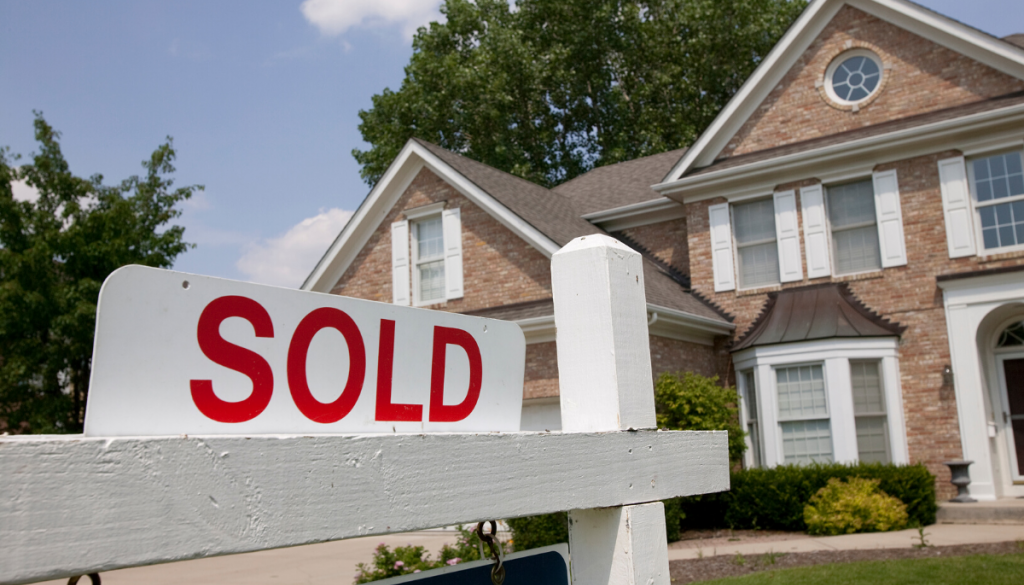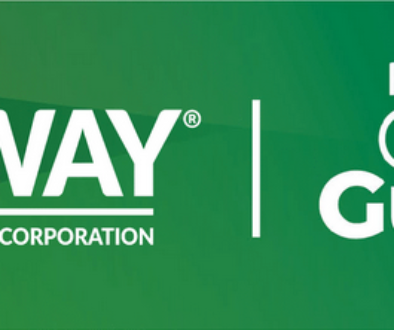Buyers Frequently Asked Questions
What are the benefits of owning versus renting a home?
When you add up the tax benefits of owning a home versus renting a home, it costs no more to be a homeowner than it does to rent, in many cases. Why help finance your landlord’s financial goals when you can own your own home and, as your equity grows, increase your savings for the future as well?
Does my credit score affect my ability to secure a home loan?
When it comes to qualifying for a mortgage, the answer is never simply a matter of yes or no; it’s a matter of when: When will you be ready to qualify? While your credit score does affect this process, with credit repair services, government loans, and other programs and strategies, homeownership can be a reality for anyone willing to put in the necessary time and effort.
What’s the difference between being pre-qualified and being pre-approved?
There’s a world of difference. A pre-qualification is a statement based often on unverified financial data. A pre-approval, however, is a decision to loan, and carries a lot of weight with sellers. With a pre-approval, you are essentially a cash buyer, and not only do you know exactly how much you can afford, sellers will take your offer much more seriously knowing you are pre-approved.
What home can I afford?
That depends, of course—on your income and other financial obligations, meet with a lender to get pre-approved for a home loan (added bonus: pre-approval makes you much more attractive to sellers).
How quickly can I close?
“Typical escrow periods are 30 to 45 days, this gives you enough time to do the investigation on the property and get a loan completed.
Should I get a home inspection?
While buyers often wonder if a home inspection is truly necessary, most Realtors unequivocally say yes, yes, and yes. “A home inspector takes a weight off your shoulders by looking into the condition of the roof, electricity, heating and air, plumbing. ensuring these things work prevents you from paying to fix them in the future. If some things are not up to par, you can negotiate with the seller to get those fixed before you sign the paperwork.”
When can I back out if I change my mind?
While buyers can always back out of a deal, doing so without good reason may forfeit their earnest money (the cash put down to secure the offer, typically around 1%-2% of the home’s price). But there are some ways to walk with your earnest money in hand.
“Contingencies are great loopholes. For example, upon an unsatisfactory home inspection, the buyer can ask for their deposit back. Another loophole is ‘subject to appraisal.'” That means you can back out if the lender for your loan doesn’t think the property is worth what you offered.





